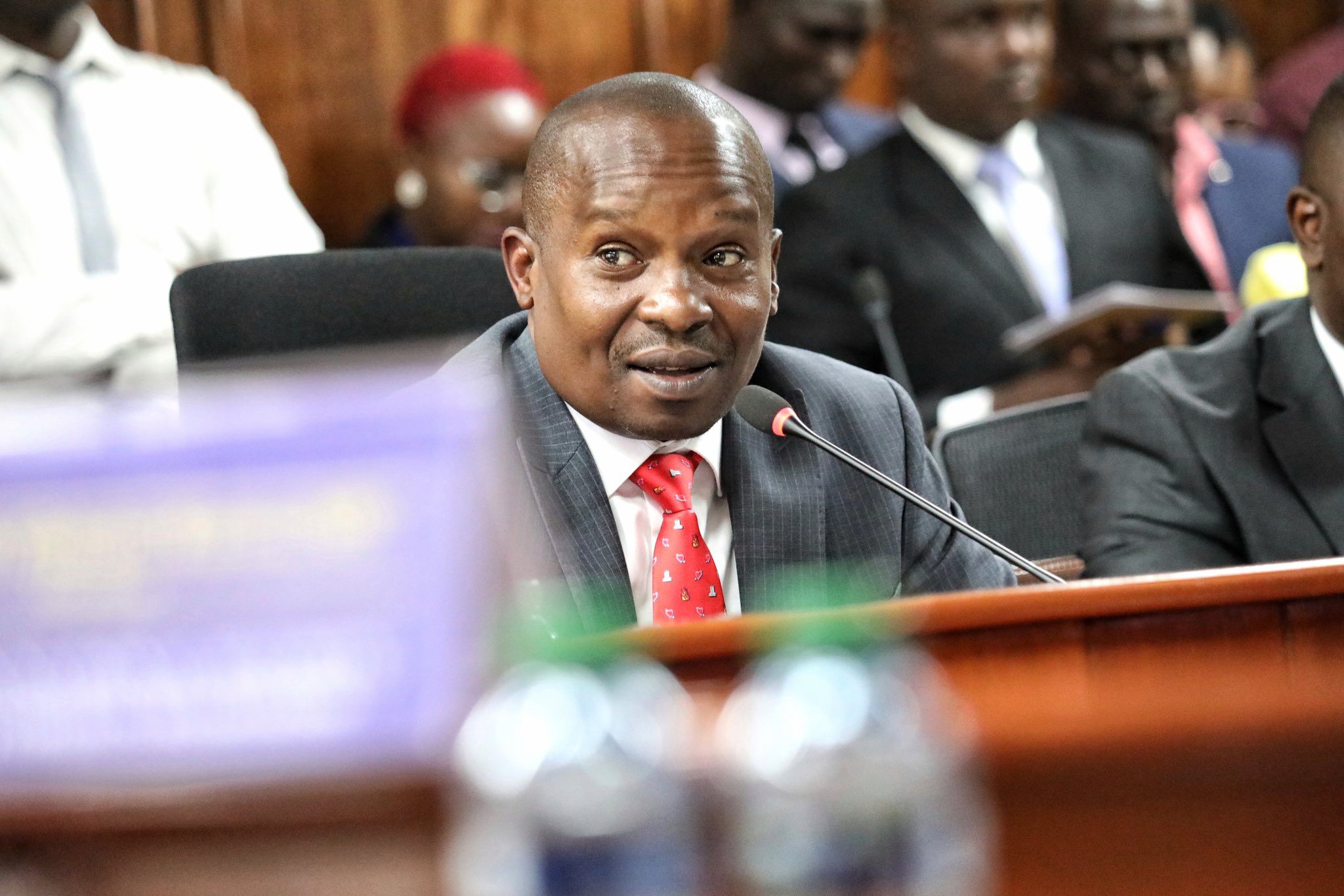The dominant market position of a tech company never fails to come at a heavy cost, mostly involving legal battles on patenting or sharing of their technology. The latest of these blows is coming from South Korea and falling on Google, in what their antitrust regulator is calling abuse of their dominant market position.
Google, which is the organization behind the Android Operating System, restricts the modification of their OS by other companies. However, The Korea Fair Trade Commission (KFTC) has concluded that such terms by Google amount to stifling and restrictions of competition in the Mobile OS market, and have consequently imposed a fine of $176.64 million (Approx. Ksh. 19 billion)
“We expect the latest measures will help set the stage for competition to revive in the mobile OS and app markets. This is also expected to help the launch of innovative goods and services in smart device markets,” the KFTC said.
Android is the world’s most popular mobile operating system, with over 80% global dominance, and installed across a variety of smart devices like TVs and smart bands. According to the commission, companies like LG and Samsung have on various occasions failed to release smart devices on time because of obstruction from google and their existing agreements.
Google has an anti-fragmentation agreement (AFA) which companies like South Korean company Samsung sign, to prevent them from making modifications to the OS when using it on their devices.
The Korean watchdog has ordered that Google desists from making companies sign their AFA, and allow them to make these customized versions of the OS, also called “Android forks”.
In their response, Google has every intention to appeal this case stating that they have inspired innovation and a great user experience with the compatibility that Android offers to many devices.
“The KFTC’s decision released today ignores these benefits, and will undermine the advantages enjoyed by consumers.” Google spokesperson in a statement.
The Korea Fair Trade Commission (KFTC) has been looking into the operations of Google since 2016 and is still separately investigating Google on three other cases.
They are probing into the billing practices charged on app developers, payments on their app stores, and whether they are forcing mobile game applications to be released only on Playstore. It looks like Google’s problems only just started.



















